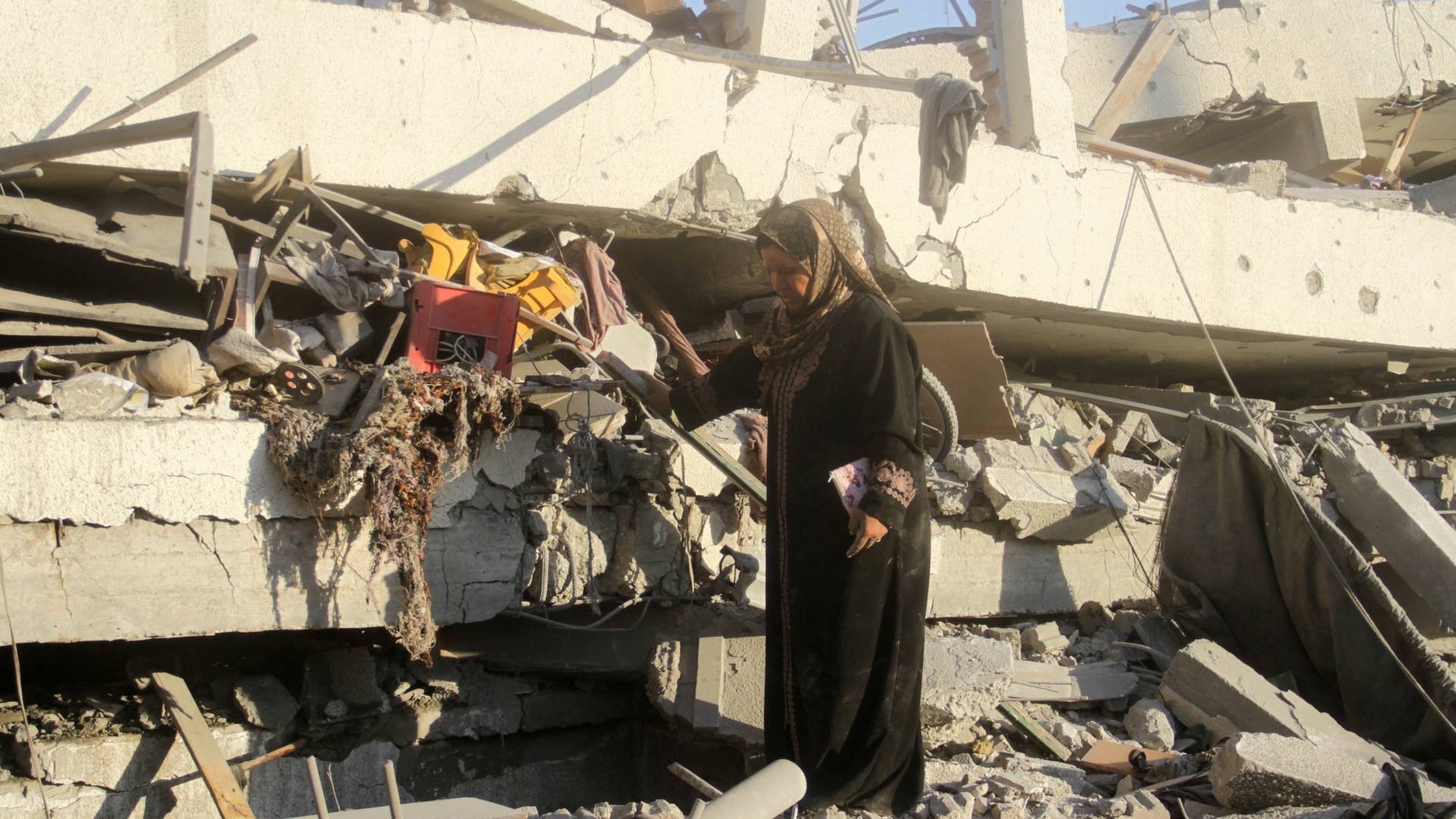US officials brace for Iran's 'axis of resistance' to spearhead retaliation to Haniyeh killing

The US anticipates Iran's so-called "axis of resistance" to take the lead in retaliating against Israel for assassinations in Tehran and Beirut, a move that could signal Iran wants to de-escalate tensions but also injects a new layer of uncertainty to US war gaming.
The US is particularly on alert to Iran’s proxies from Yemen, Iraq and Lebanon carrying out coordinated attacks on Israel, a US official told Middle East Eye, adding that the US is combing signals intelligence and conducting cryptographic analysis to see how the groups are organising themselves.
“Iran’s proxies are expected to play a more prominent role in this retaliation than April’s attack,” a former senior US official familiar with the administration’s thinking told MEE. “We could get into a situation where the tit-for-tat is more unpredictable with tertiary effects for US partners.”
Israel delivered two humiliating blows to Iran’s "axis of resistance", assassinating senior Hezbollah commander Fuad Shukr in Beirut on Tuesday and then allegedly killing Hamas leader Ismail Haniyeh at a Tehran apartment complex controlled by Iran’s Islamic Revolutionary Guard Corps.
The strikes, particularly the killing of Haniyeh in Tehran, have embarrassed the Islamic Republic and its allies across the region. On Thursday, Hezbollah leader Hassan Nasrallah said a response was “inevitable”, warning Israel: "You do not know what red lines you crossed.”
While the attacks have plunged the region into uncertainty, the Biden administration does have a model to replicate as it girds for Iran's response.
READ MORE: US officials brace for Iran's 'axis of resistance' to spearhead retaliation to Haniyeh killing


